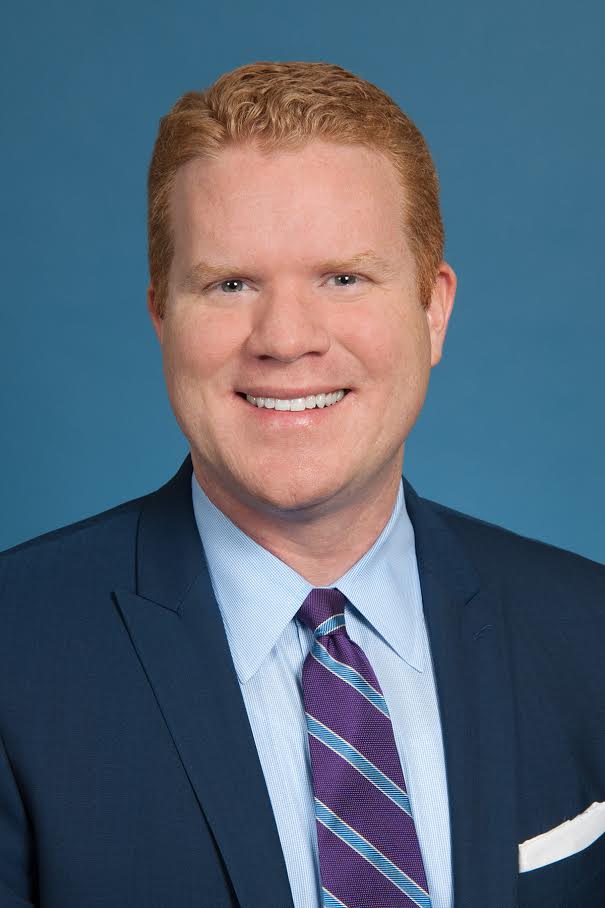

Legislation gives tools to reasonably regulate development near vulnerable areas and protect important natural resources
Boston City Councilor At-Large Michelle Wu and District City Councilor Matt O’Malley refiled an ordinance for Wednesday’s City Council meeting aimed at strengthening the City’s ability to fight climate change and reasonably regulate development. The Local Wetlands Protection Ordinance would empower the Boston Conservation Commission to require green infrastructure with new development, including protections for urban wetlands, which are an important natural resource to manage flooding and reduce urban heat island effect.
“Boston must take bolder, faster, more proactive steps to mitigate and manage our vulnerability to changing weather and intensifying storms,” said the lead sponsor Councilor Wu. “Nearly every other coastal municipality in Massachusetts has already gone beyond the state baselines for protecting urban wetlands and natural resources, and we must do the same. These land resources are too valuable to lose to development–they’re important not just for conservation, but to guard against severe flooding and heat that disproportionately harm our most vulnerable residents and communities. This is an issue of social and environmental justice.”
“It is imperative to codify preservation efforts for local wetlands in the City of Boston as a coastal municipality. As we address the impacts of global climate change, we must explore measures to ensure our urban environment landscape is preserved,” said Councilor O’Malley, who is Chairman of the Environment, Sustainability and Parks Committee. “The ordinance will further the protections of wetlands, as well as the plants and wildlife that grow in them.”
“The City of Boston Local Wetland Ordinance will be a key tool for mitigating climate change impacts and preserving critical wetland areas like the Belle Isle Marsh,” said Magdalena Ayed, Executive Director of Harborkeepers. “The Belle Isle Marsh, the last remaining salt marsh in Metro Boston, suffered serious storm impacts in 2018 that were a warning sign of the need to protect these vital coastal resources that in turn not only protect the people and neighborhoods of Boston but also preserve critical animal and plant habitats that are being wiped out all over the world. Establishing the City of Boston LWO is really a moot point. It has to get done.”
“This is a great first step to addressing climate impacts in the City of Boston and CLF looks forward to ensuring that this measure complements the Mayor’s Resilient Harbor Plan,” said Deanna Moran, Director of Environmental Planning for the Conservation Law Foundation.
“During my career as a physician, preventive actions were much preferred over retrospective steps taken in response to illness. As climate change has adverse public health effects, proactive measures are required,” said Bernard Ghitman, M.D., a Friends of Allandale member and a resident of the Springhouse Senior Living Community in Jamaica Plain. “The practical steps included in the Local Wetland Ordinance will provide great value to Boston residents in our common effort to address climate change. I am grateful for the leadership of Councilor Wu and Councilor O’Malley in introducing this measure.”
“In the face of climate change and the critical need for Boston resiliency, it’s astounding that the City does not yet have a local wetlands ordinance,” said Emily Norton, Charles River Watershed Association’s Executive Director. “Wetlands, floodplains, marshes, coastal storm flowage areas, and riverbanks are natural sponges requiring the strongest possible protection.”
“Inland natural resources like Roslindale Wetlands provide important flood protection benefits. Every neighborhood in Boston has natural areas that will benefit from the added protections provided by a Local Wetlands Ordinance. We commend Councilor Wu and Councilor O’Malley for advancing this important measure.” said Deb Beatty Mel, a member of the Roslindale Wetlands Task Force.
“Wetlands and their protection along with flood protection are the front line of climate change action in Boston. The Commission and its critical wetland concerns and authority must be integrated into the front end of project development in concert with other municipal overviews and not relegated to an afterthought. A local wetlands protection ordinance must and can see that this happens as part of a comprehensive response to climate change. We need to better use the tools at hand,” said Joe Orfant, City of Boston Conservation Commission Chair, 2016-2018.
Boston is currently one of only three coastal municipalities in the Commonwealth without a local wetlands protection ordinance. Boston has 209 wetlands areas distributed throughout the City, including areas in each City Council district. The legislation comes out of an initial hearing sponsored by Councilor Wu and chaired by Councilor O’Malley in August 2018 with representatives from advocacy groups and the City’s Environment Department. This proposed ordinance will be assigned to the City Council’s Committee on Government Operations for a hearing, and next steps.











